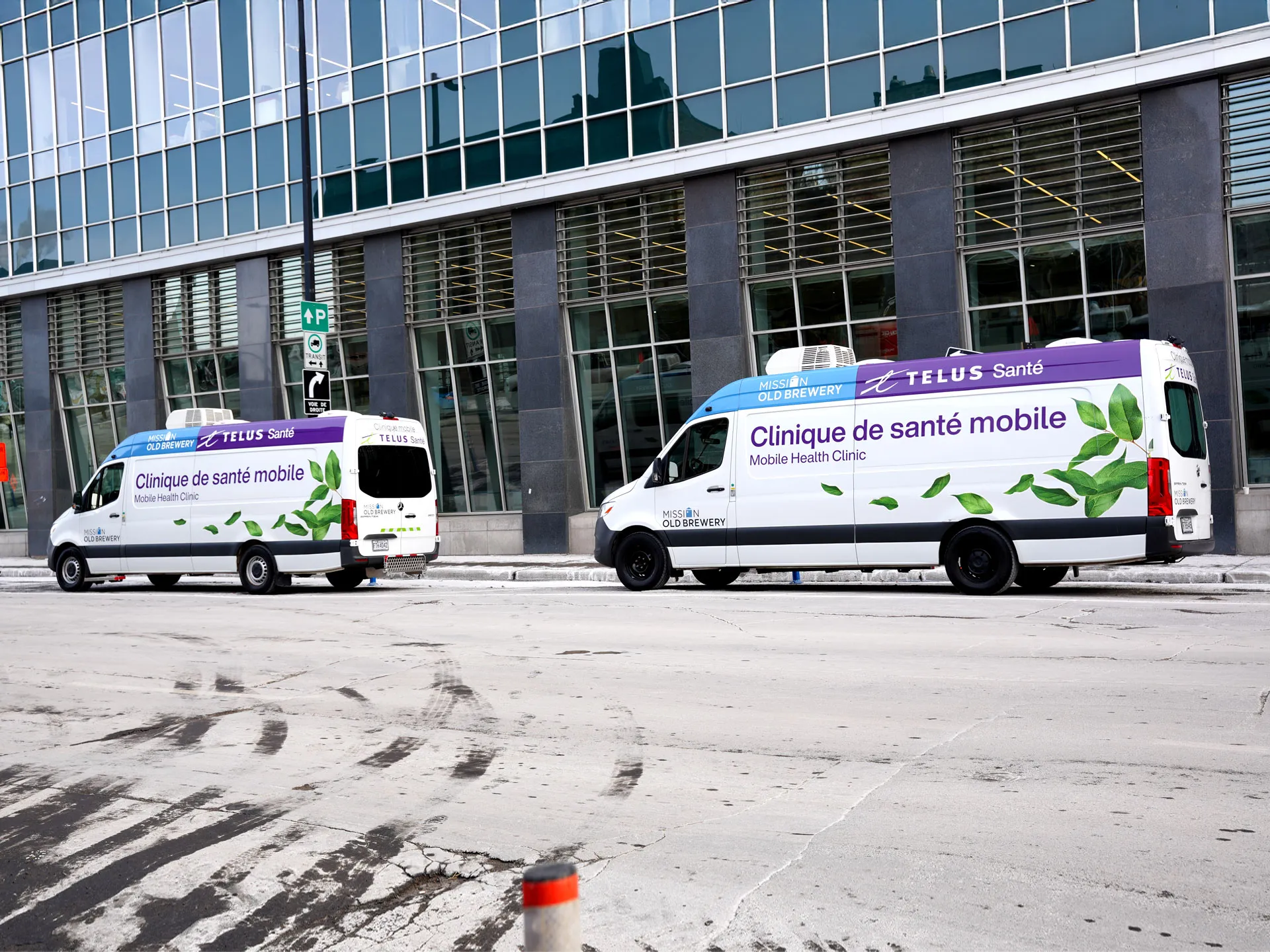
Meet Hannah Brais, Research Coordinator
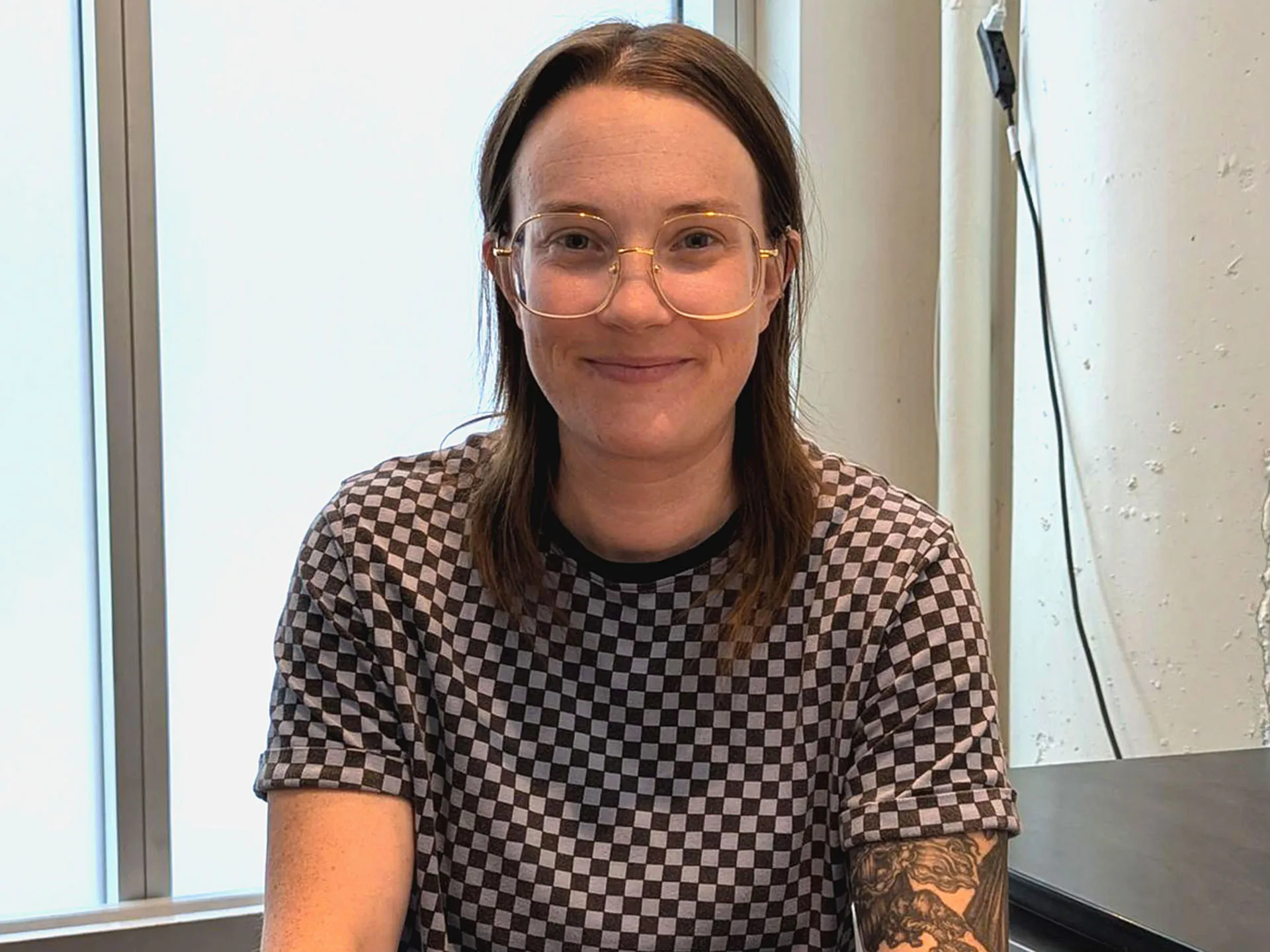
Hannah Brais, Research Coordinator at the Old Brewery Mission.
We recently caught up with Hannah, who has been actively involved in supporting the Old Brewery Mission’s research projects since 2018.
Could you please explain what you do at the Old Brewery Mission?
My role covers everything to do with research. This means working with university researchers who are studying issues related to our services and the people we serve, as well as developing innovative programs and projects to advance our services. We’re one of the only homelessness organizations in the country to have such a department. In fact, I don’t know of any organization that has this model of focusing on both evaluating its services and gaining a better understanding of homelessness in Canada.
Why did the Old Brewery Mission decide to set up its own research department?
In the past, we had a number of researchers who collaborated with the Old Brewery Mission and did important work. We wanted to support their efforts because we believe in research and innovation. But we also saw that once these researchers moved on, it was difficult to continue getting data tailored to our needs.
So about 15 years ago, the Old Brewery Mission decided to set up its own department of research to address questions it felt were important and to make sure there was an ethics protocol in place for research on people experiencing homelessness.
In the beginning, the goal was to gather data to inform our services. But over time the objective expanded to include deepening our understanding of homelessness, not just for us here at the Old Brewery Mission, but for everyone working in the sector.
Research on homelessness helps us understand the profiles of people experiencing homelessness. For example, it shows that the 2SLGBTQIA+ community is overrepresented in the unhoused population. Why is this?
There are several reasons. For one thing, members of the 2SLGBTQIA+ community, like anyone who belongs to a group facing discrimination, often have more difficulty finding housing. This is especially true with the increase in rents we’ve seen in the past ten years. And it’s even harder for those who have difficulty accessing education and employment. Sometimes these individuals have gone through very difficult things because of their gender identity or sexuality. They may be dealing with trauma that prevents them from fitting into the standard employment/housing pathway.
Or it could be because the person is cut off from their family or support network. In my opinion, there’s not enough research on homelessness among adults in the 2SLGBTQIA+ community to really answer this question. But we do see that young people often end up on the streets after being kicked out of the house because of their gender identity or sexuality. Ties with their biological family have been broken.
The social safety net that exists to keep people from becoming homeless isn’t always there for these people. But sometimes it’s due more to the combined effects of discrimination and poverty. A member of the 2SLGBTQIA+ community who doesn't experience appearance-based discrimination may be able to pull themselves out of intergenerational poverty. But add discrimination to the mix and it suddenly becomes a lot harder. These are all factors that could help explain why the 2SLGBTQIA+ community is overrepresented in the unhoused population.
I would like to add that the Old Brewery Mission has long been recognized in the community sector as an organization that welcomes everyone, including queer and trans people.
Is this a research topic that you would like to pursue?
We are currently launching a research project with Jayne Melenfant at McGill University to see how we can better adapt our services for the 2SLGBTQIA+ community. We’re going to start by brainstorming with our staff, including our intervention teams and managers. We also want to include members of the 2SLGBTQIA+ community in these discussions. As a queer person, I really want to advance our services because I have witnessed firsthand the difficulties we face. So I really welcome this opportunity, especially as so little research has examined these issues.
So this is something close to your heart?
Yes. I identify as queer. And I have been part of the 2SLGBTQIA+ community for 17 years. There was a time in my life when I was questioning my identity. I finally came to queer as a way to describe the intersection of gender and sexual orientation. Before, I couldn’t really situate myself within the male/female binary. For many, “queer” is a bit of an umbrella term for anyone who is part of the 2SLGBTQIA+ community, but for others, it’s a way of saying that there isn't really a word for their identity.
In August, Montreal celebrates Pride. Why is it still important to hold this event?
In the early days of the movement for 2SLGBTQIA+ rights and visibility, the rights of some groups weren’t necessarily recognized. Members of the 2SLGBTQIA+ community could lose their job or be refused an apartment because of their sexual orientation or gender. So, for me, Pride shows us how far we’ve come and reminds us of what we could lose. And even if things aren’t going that great in the world, we’ve still got this space to be ourselves.
Dernières nouvelles
-
 The Old Brewery Mission and TELUS Health for Good launch second mobile
The Old Brewery Mission and TELUS Health for Good launch second mobile -
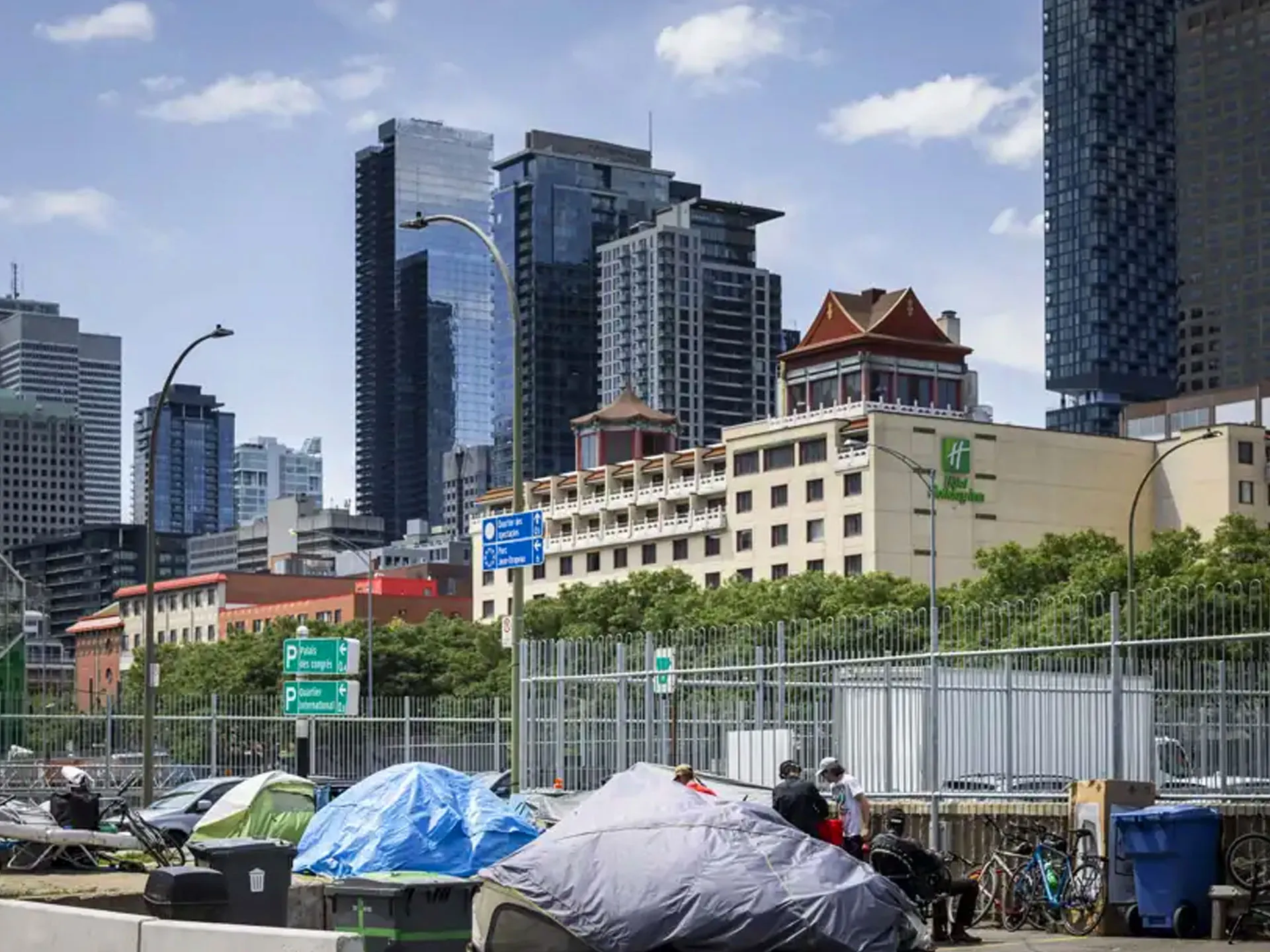 Homelessness in the downtown core: We must house, care and innovate
Homelessness in the downtown core: We must house, care and innovate -
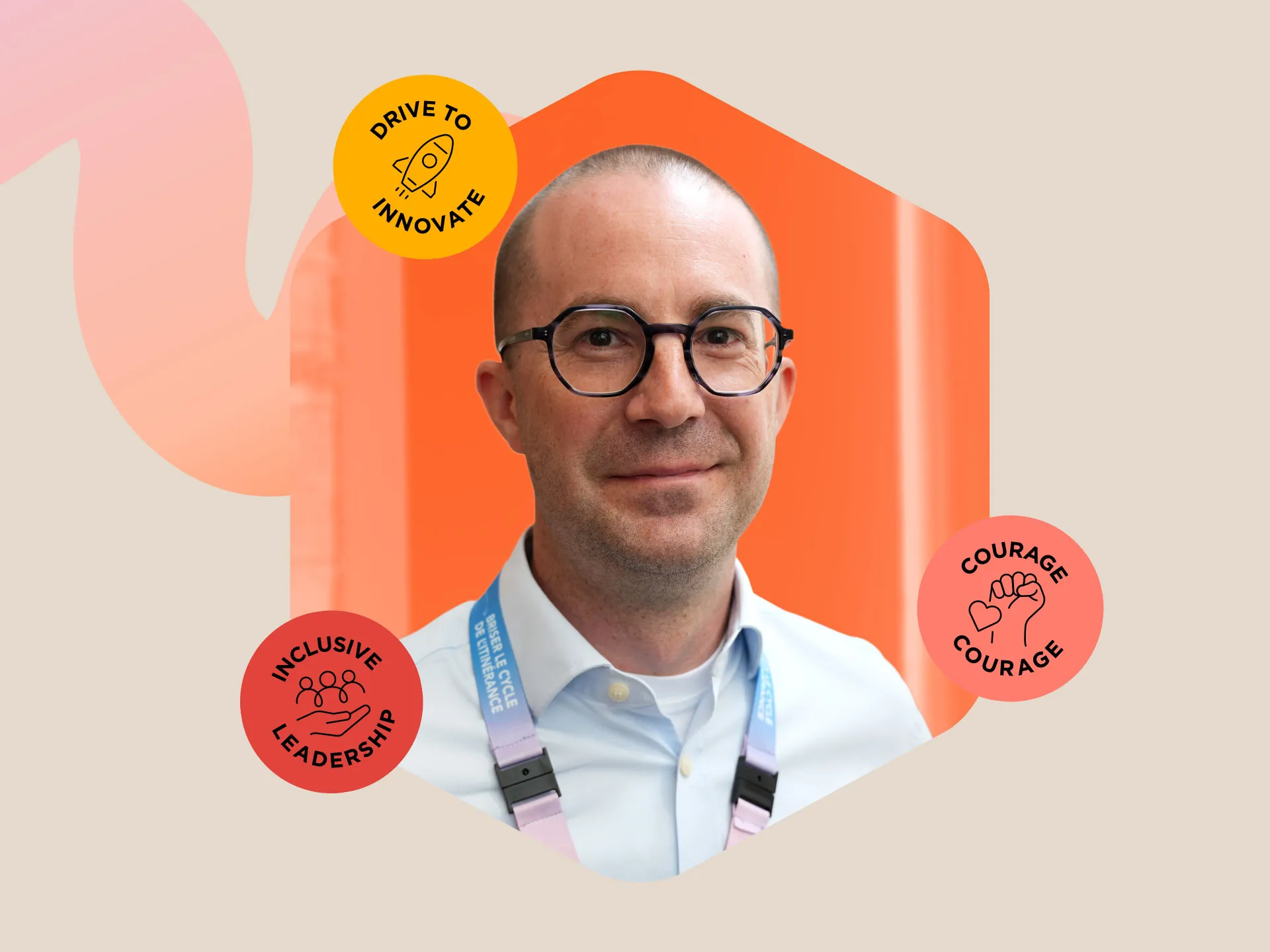 Meet Jean-François Dagenais, Vice President of Finance, IT and Facilities
Meet Jean-François Dagenais, Vice President of Finance, IT and Facilities -
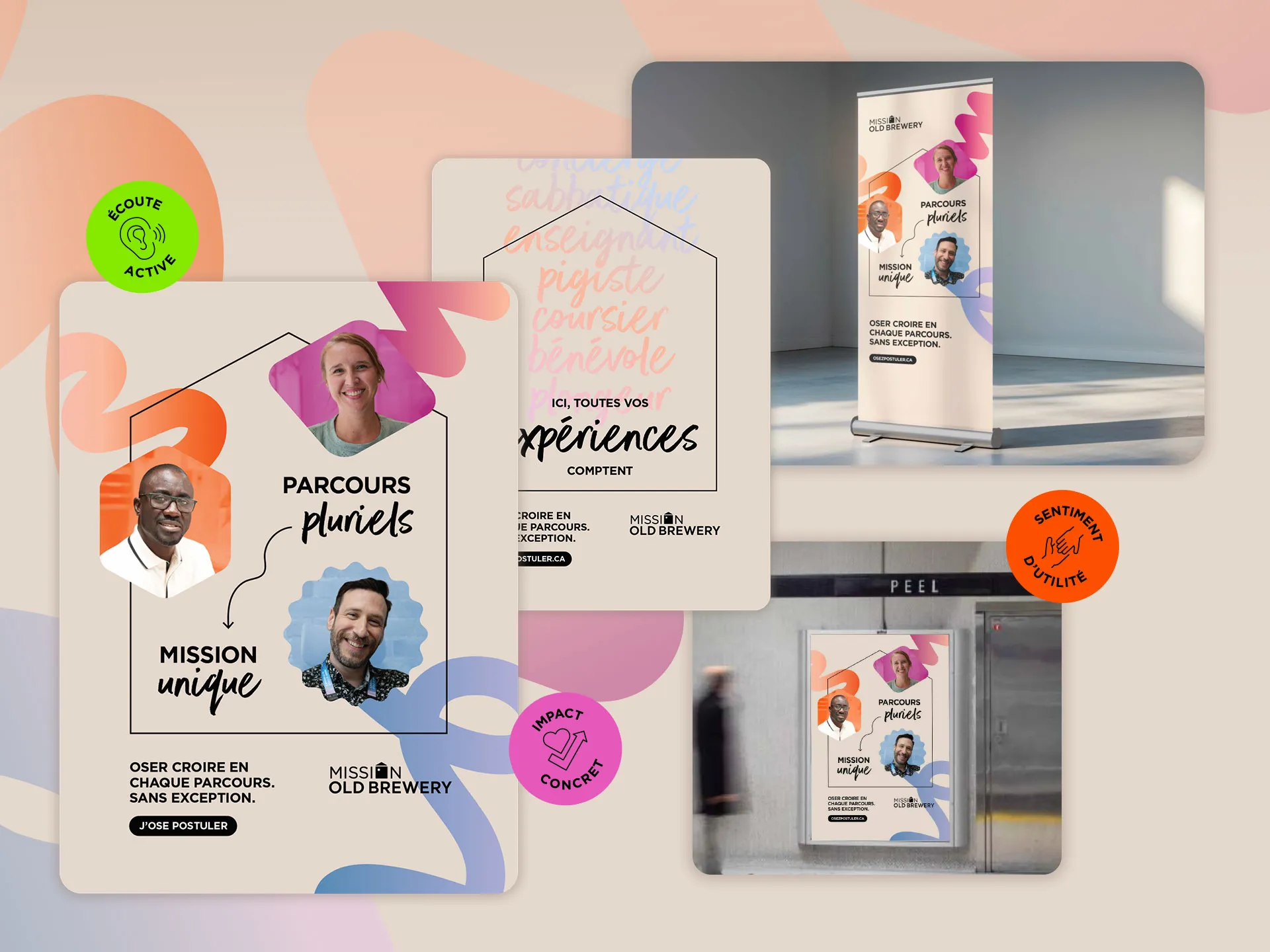 Old Brewery Mission unveils new employer brand
Old Brewery Mission unveils new employer brand -
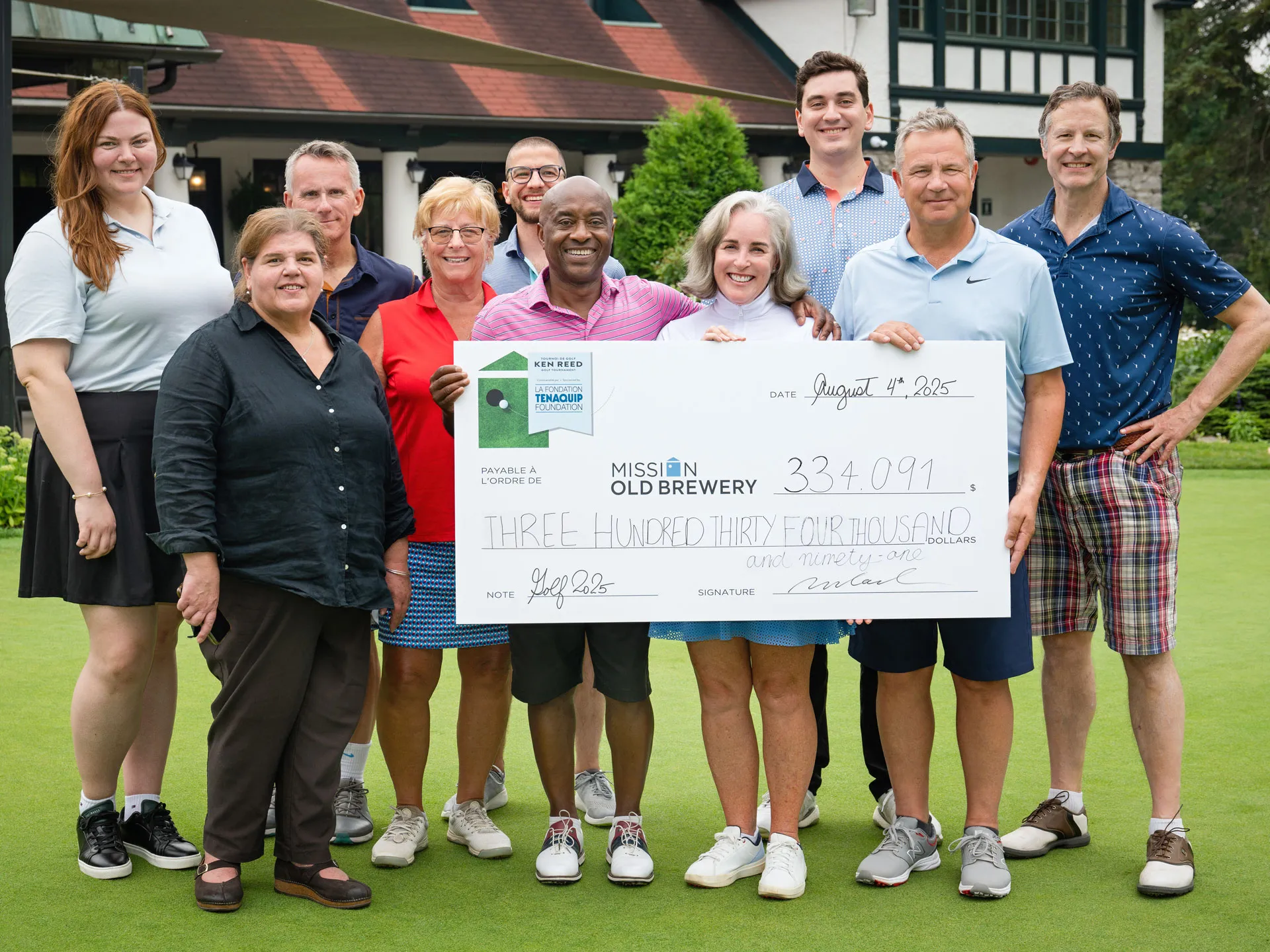 Another resounding success for the Ken Reed Golf Tournament: $334,091 raised for the Old Brewery Mission!
Another resounding success for the Ken Reed Golf Tournament: $334,091 raised for the Old Brewery Mission! - See all news